After Young is a sci-fi drama made by Kogonada, a video essayist and cinephile. He frequently makes analytical docu shorts about filmmakers and other film related content for Sight & Sound and the Criterion Collection. In his work, Kogonada enjoys meditating on common experiences encoded in human existence and our complexities as individuals. We are all made of the chemical components of stars, Kogonada seems to live and breathe that notion.
With After Yang, he brings us a delicate tale of affection, grief and connections. His new movie is based on a short story by Alexander Weinstein. According to its premise, Yang (Justin H. Min), a certified and refurbished AI assistant beloved by his human family, needs a quick fix after a sudden breakdown. However, the quick fix turns into something else, the family realizes their non-connectedness, love for Yang and their unawareness isolate them from the real world.
They also become aware that the only „person” they have truly felt connected to was Yang, who overtime, grew into a confidant for all of them. The entire family could have been open and vulnerable around him, especially since he was not a human. We trust machines more than each other. That is one of the many powerful statements Kogonada makes about our global society.
There is a new generation of „rockstar” directors like Kogonada. who we desperately need today. Critical of modern society, technology, and the devaluation of communities, norms and principles. They are also incredibly knowledgeable, not only in the world of cinema but in all forms of art. Kogonada references Ozu in gentleness and rhythm, Wong Kar-wai in colors, Asimov in major themes and plot. There is also a layer of art criticism emerging here and there. As Yang’s unheard ability to record memories is revealed, a museum takes interest in exhibiting his „body”. Kogonada asks us, is it ethically righteous to make it part of an exhibit?
After Yang is set in the U.S. right after the end of a six-decade-long war fought with China. There is an unspoken fertility crisis rumbling in the country. This results in couples adopting children from foreign countries and purchasing „second siblings” to educate the educated kids and and provide them with good company. Yang is a second sibling in our unnamed, central family.
At the beginning of the film, we see this unit, this family seemingly in sync. However, as the story progresses, we realize: they could not be more isolated, lost and out-of-sync. (The dance sequence under the opening credits is a wonderfully weird choice.)

Another interesting layer of Kogonada’s sci-fi gem, is that all the neighbors live in their perfectly constructed bubbles, fully separated by the highest of the thickest walls. Are we connected to anyone at all? Are we able to see life outside our bubbles? Can we cope with change?
Memory is also a vital theme of the movie. We remember moments significant to us. However, sooner or later the only thing we leave behind us is memories. We must ask ourselves, what kind of memories do we want to become to others?
After Yang bears with an overflowing sense of the coolness and creativity that captivates viewers within the first minute or so. Kogonada – often referenced as “the professor” by Colin Farrell – for his deep love and encyclopedic knowledge of movies – takes us on a sentimental journey. His characters have to realize how much work and energy it takes to get to know others and their own complexities. Kogonada raises questions on the depth of our interest when it comes to getting to know each other. Are we willing to invest into discovering our true self and potential? And where does the difference between flesh and bone humans and AI lie? Is there any at all? On many occasions, Yang seems to be the only sensitive being in the room. His old soul, and unique ability to record emotionally charged memories make him almost more human than the real humans around him.
The cinephile filmmaker puts much focus on the role of nature too. Its gentle yet powerful connectedness, peacefulness and anchoring role in the whirlwind of life. The way the filmmaker captures elements of nature and uses them to fuel his story might remind audiences of Terrence Malick (The Tree of Life). Sequences blend into one another, seamlessly, softly yet firmly. Every shot is tightly composed and framed thanks to the mesmerizing cinematic work of Benjamin Loeb (Sick of Myself). After Yang has a gentle, classic music accompanying the story.
Colin Farrell paints a beautiful and nuanced portrait of Jake, the father of our pivotal family. His occupation is both symbolic and mystical, he runs a tea shop. Jake is a tea lover and an eager searcher of new meanings. Being a tea seller has always been a historically and culturally substantial occupation. Tea is considered to be a powerful healer of the human body and spirit. While the ritual of making and drinking tea brings people together. Tea is also deeply connected to Chinese historical legacy, which is important since Yang and „his little sister” Mika (Malea Emma Tjandrawidjaja) are of Chinese heritage. Trees and teas soak up entire worlds, times and civilizations carrying those through time and space.
Farrell has definitely grown into being one of the most exciting actors of his generations. His constant presence and listening skills are some of the traits that make him stand out. However, when it comes to the quality of acting, the cast does an uneven job. Jodie Turner-Smith (Kyra, the mother) and Sarita Choudhury (Cleo) find moments of truthfulness, but more often than not they remind us of first-year students performing on stage in an unknown acting studio.
To sum up, this rich, philosophical movie is a real gem for anyone interested in facing questions about the complexity of humans, the role of modern technology and a closer look into self-discovery. In order to perfect the experience of watching After Yang, I recommend a cup of green tea, some veggie crisps and a cozy blanket.
Watch After Yang on iTunes, Amazon Instant Video, Google Play and Vudu.
~ by Dora Endre ~

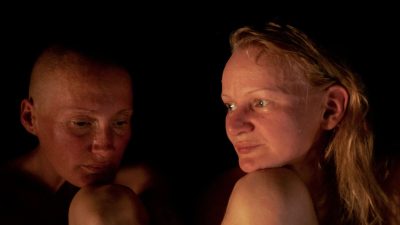



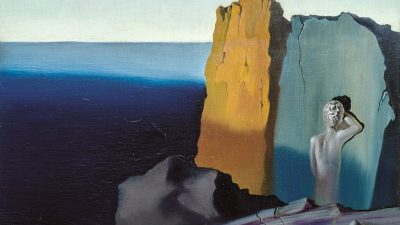



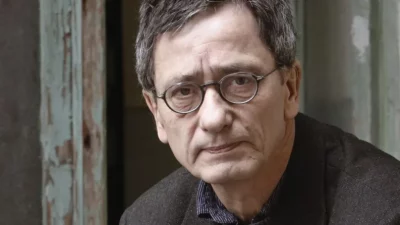




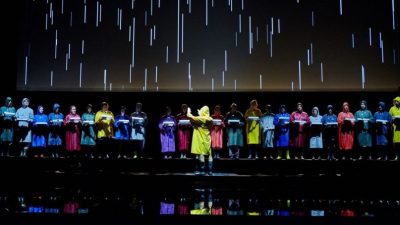


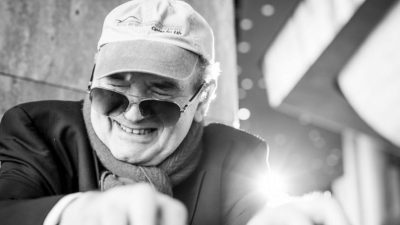


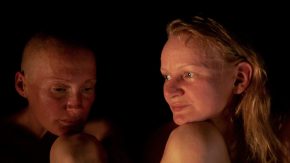




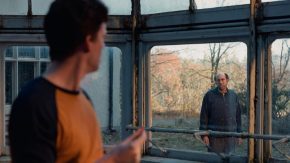
Comments